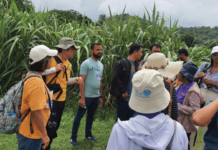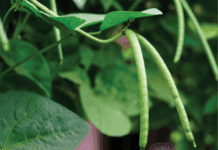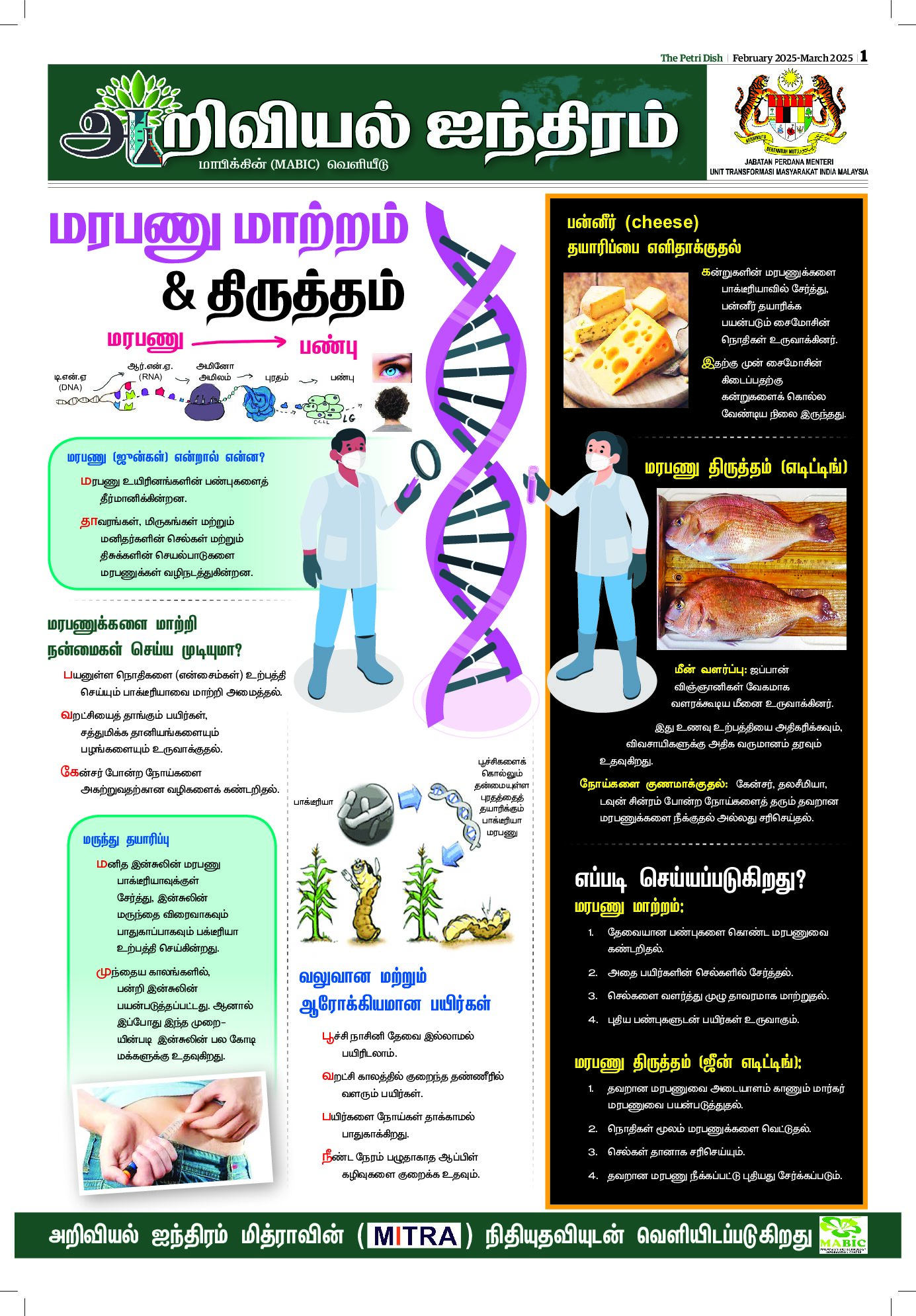IN RECENT months Malaysians have been experiencing a spike in vegetable prices, some more than 100 per cent. For an example, the price of tomatoes has gone up from RM3 per kg to RM6.
Although there are multiple factors that influence price of food crops, one reason is the low farm production. Our golden crop, oil palm takes up 75 per cent of our agriculture land, which accounts to six million hectares of land. Another one million hectare is planted with rubber.
Food crops only take up 12 per cent of agricultural land. According to the Global Food Security Index (GFSI), Malaysia ranked 40th among 113 countries and our score for affordability, availability, and quality and safety of vegetables were 71.4, 64.1 and 70.5 per cent respectively. Singapore came out first and their score for each parameter is 94.3, 81.0 and 78.1 per cent. Singapore recently announced its 30 by 30 strategy where the state targets to increase its food self sufficiency to 30 per cent by 2030.
Priority areas are expected for vegetables, fruit and protein sources, such as poultry and fish. Much research and adoption of technologies are focused in developing new solutions to raise productivity, intensification and application of R&D to strengthen climate resilience and to overcome resources constraints. Malaysia has a long way to improve its R&D where priority areas need to be re-examined and funding intensified. Although food appears to be in abundance, fluctuation in price is highly driven by external forces in exporting countries.
Our food bill was at RM51.3 billion in 2017 and this was an increase of 32 per cent compared to 2013. Pests and diseases are major challenges faced by farmers (see image).

Here is where modern technologies and molecular tools could provide innovative solutions in terms of developing disease and pest resistant crops and also aiding in early detection of infection. Technologies like gene editing is becoming a very popular tool in breeders toolkit, although it is still in the embryonic stage in Malaysia.
Many scientists find biosafety regulations to be too restrictive to take their research through genetic modification to fruition in order to solve farmers’ woes. Today, 191.7 million hectares of biotech crops (GM crops) are planted in 26 countries (see infographics). None of these crops are suitable for Malaysia. Malaysia needs home-grown research to solve its food security issues and pest and disease pressure.















